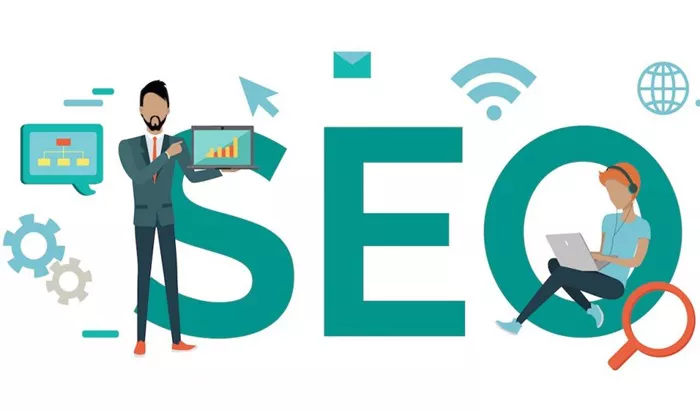The statement “Search is evolving rapidly, Google gives AI results” reflects the current significant trend in the field of search engines. Here’s a more in – depth analysis:
The rapid evolution of search
Technological advancements: In recent years, search technology has been advancing at an astonishing pace. With the development of big data, cloud computing, and machine learning, search engines can process and analyze massive amounts of information more efficiently. For example, they can understand the context and semantics of user queries better, rather than just relying on simple keyword matching.
User expectations: Users today expect more personalized, accurate, and comprehensive search results. They want search engines to not only provide a list of relevant web pages but also answer their questions directly, offer real – time information, and even provide predictive suggestions. This shift in user expectations is a major driving force behind the rapid evolution of search.
Google’s AI – powered search results
Improved question – answering: Google has been integrating AI to directly answer users’ questions. For instance, when you search for “What is the capital of France?”, Google will display “Paris” at the top of the search results, along with additional relevant information. This is made possible through natural language processing (NLP) techniques, which allow Google to understand the question and extract the most appropriate answer from its vast knowledge base.
Personalized experience: AI enables Google to provide more personalized search results based on a user’s search history, location, and other factors. For example, if a user often searches for hiking trails in a particular area, Google may prioritize showing relevant hiking – related content when that user conducts a general search about outdoor activities.
Visual and voice search: Google is also using AI to enhance visual and voice search capabilities. With visual search, users can upload an image, and Google will use computer vision algorithms to identify objects in the image and provide relevant search results. Voice search, on the other hand, uses speech recognition and NLP to understand spoken queries and deliver results, making the search process more convenient, especially on mobile devices.
In conclusion, the integration of AI into search engines like Google is revolutionizing the way we access information, and this trend is likely to continue as technology continues to develop.
Related topics:
- Boston SEO Firm Drives Local Business Growth
- Singapore SEO Boosts Startup and E-commerce Traffic
- SEO Attribution Challenges in 2025 and How to Adapt

